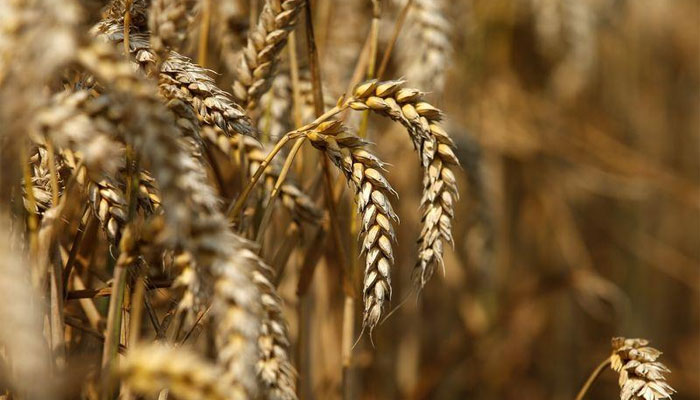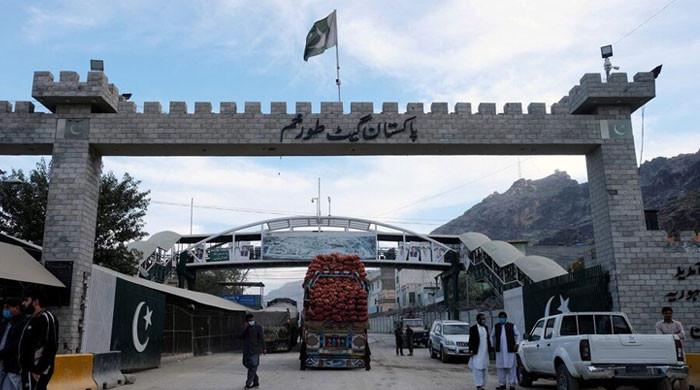Punjab may fall short of wheat sowing target this season
Punjab's inability to meet targets for 2022-23 season could be regarded as major blow to country's food security
November 27, 2022

- Punjab's inability to meet targets for 2022-23 season could be major blow to country's food security.
- Punjab might fall short of 16.5mn acres target set by FCA this year.
- Sindh expresses inability to sow even 75% of targeted 4mn acres due to flood ravages.
Punjab is likely to fall short of its wheat sowing target for the 2022-23 season, in what could be regarded as a major blow to the country's food security, The News reported citing sources.
With the inability expressed by the Sindh Government to sow even 75% of the targeted 4 million acres due to flood ravages, the wheat tilling progress in Pakistan's main agricultural plains has been slow, which will eventually result in lower national grain production.
Meanwhile, Punjab Agriculture Department, in the middle of the wheat sowing campaign, reached an official decision that cultivation cannot be made possible on the targeted land this year.
As per the Crop Reporting Service of the provincial Agriculture Department, Punjab might fall short of 16.5 million acres target set by the Federal Committee on Agriculture (FCA) this year.
“We are expecting to bring land under wheat to at least last year’s level of 16.2 million acres in the province despite several challenges. However, the 16.5 million acres target for this year area is expected to be missed though with a short margin,” an official said.
Talking about the current pace of wheat sowing, he estimated that about 74% targeted area was cultivated till November 20, 2022, which was traditionally considered the optimal time for growing a good crop. He, however, hastened to add that with changing climate pattern, it was now considered that the optimal period of sowing stretched to November 30th.
Wheat sowing has been delayed in the rice zone due to two rain spells in recent weeks and in the mixed crop zone due to unwarranted interruptions in the launching of sugarcane crushing, the official maintained. Considering the sowing trend, it was projected that wheat cultivation would be largely completed by the first week of December.
The main pillar for this year’s wheat sowing campaign has been timely sowing, the use of certified seed in greater areas and the promotion of fertiliser application. The subsidy is being provided to farmers on seed and fertiliser bags.
To a question regarding the lingering sugarcane crushing, the official feared that sowing at up to one million acres might get delayed due to the stubborn attitude of sugar barons to press their demands, which was a matter of grave concern.
Regarding urea availability, the official of the Agriculture Department was of the view that local production of this vital nutrient could not be paced with its demand mainly due to a lack of natural gas.
“We are expecting that the urea shortfall of about 500,000 tonnes could be supplemented with timely imports,” he added.
Punjab would receive 140,000 tonnes out of the 200,000 tonnes of already imported urea. The remaining 300,000 tonnes would be imported by December this year, he said.
One of the biggest reasons for the relatively low expected area under wheat has been the lesser economic value of the wheat crops. The competing crops like oilseeds have been giving a tough challenge to wheat mainly due to far better returns in the local market, said Khalid Khokhar, President Kissan Ittehad.
He said the government’s emphasis was on increasing support price, which was a viable option to some extent, especially keeping in view the likely burden on consumers due to high food prices.
In contrast, he added, the government should take steps to reduce the cost of production, which might help keep farming a profitable business for growers.
He also expressed the apprehension that wheat sowing area in the province might not be as much as the government wanted to cultivate.











